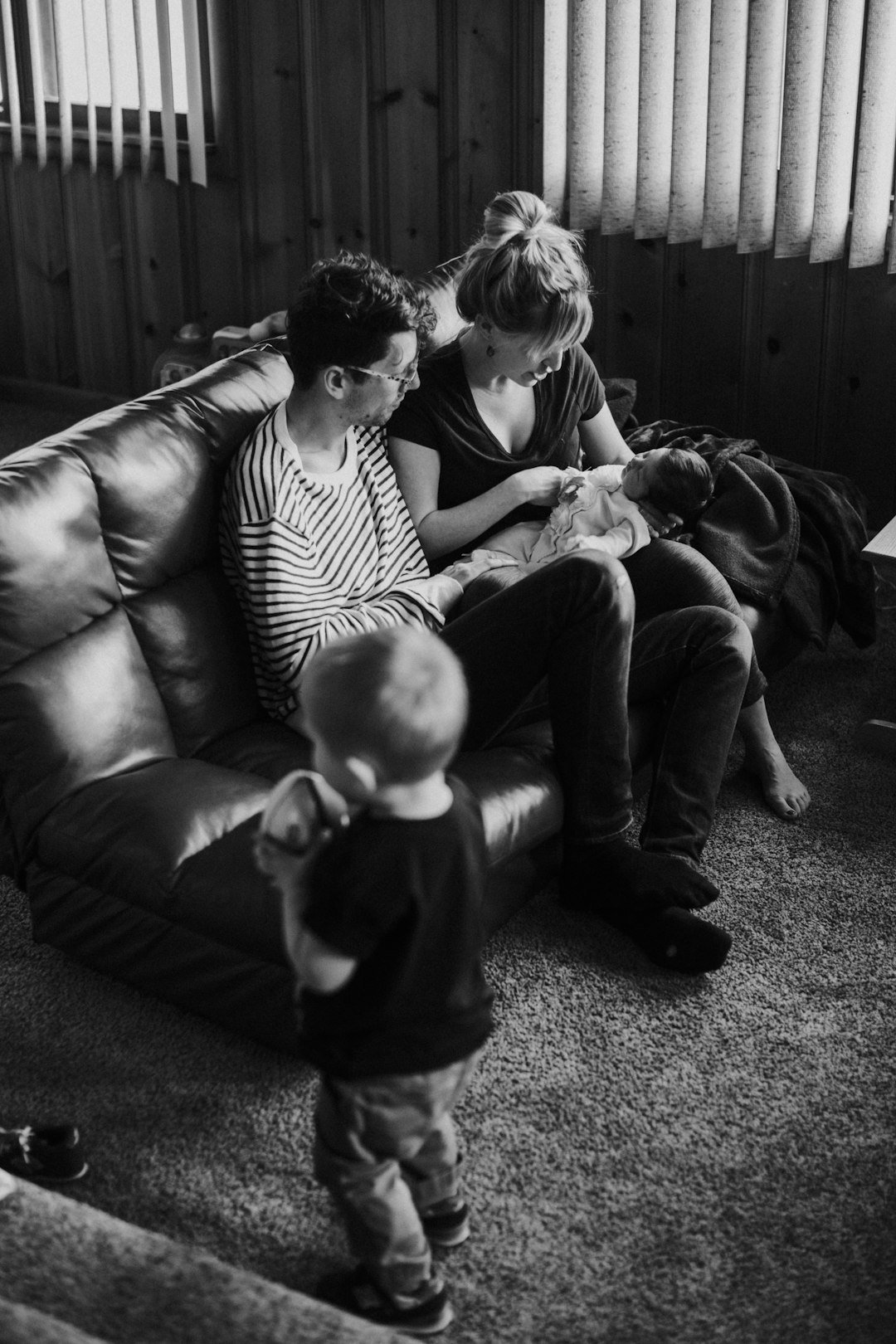Exploring Traditional Romanian Family Values
Exploring Traditional Romanian Family Values
Romania, a country rich in history and culture, is known for its stunning landscapes, vibrant folklore, and, most notably, its strong family values. In a world that is becoming increasingly individualistic, Romanian families remain steadfast in their commitment to collective well-being, traditions, and close-knit relationships. In this blog post, we will delve into the essence of traditional Romanian family values, their significance, and how they shape the lives of individuals in Romanian society.
The Core of Romanian Family Values
At the heart of Romanian culture lies a deep reverence for family. The family unit is not just a social construct but a fundamental part of identity. Here are some of the core values that define traditional Romanian families:
1. Respect for Elders
In Romanian families, elders are often regarded as the wisdom bearers. They hold a special status within the family hierarchy. This respect is evident in various aspects of daily life, such as:
– Decision-Making: Elders often have the final say in family matters, and their opinions are sought in significant decisions.
- Cultural Transmission: Grandparents play a crucial role in passing down traditions, stories, and values to younger generations.
2. Strong Family Bonds
Family relationships in Romania extend beyond the nuclear family. The concept of “extended family” is prevalent, encompassing grandparents, aunts, uncles, and cousins. This interconnectedness fosters a sense of security and belonging.
– Family Gatherings: Celebrations such as weddings, holidays, and birthdays are grand affairs where extended family members come together, reinforcing their bonds.
- Support Systems: In times of need, family members rally together, providing emotional and financial support.
3. Tradition and Heritage
Romanian families cherish their cultural heritage. Traditional customs, festivals, and rituals are integral to family life. Here’s a glimpse of some popular traditions:
Tradition Significance Martisor Celebrated on March 1st, this spring festival symbolizes the arrival of spring and is marked by exchanging red and white strings. Christmas Family gatherings, traditional foods, and caroling are central to this festive time. Each region has unique customs, emphasizing collective celebration. Weddings A grand affair often featuring traditional attire, music, and dance, weddings are seen as a celebration of unity not just between two individuals but two families.
The Role of Gender in Family Dynamics
Traditionally, Romanian family values have distinct gender roles, although this has been evolving in contemporary society. Understanding these roles can provide insight into the family structure:
Men as Providers
Historically, men have been viewed as the primary breadwinners. Their role often revolves around providing for the family financially and protecting them. This expectation, however, comes with the responsibility of being emotionally available, especially in recent years, as the importance of emotional intelligence has gained recognition.
Women as Nurturers
Women traditionally take on the role of caregivers and homemakers. They are responsible for household management and child-rearing, ensuring that family values and traditions are preserved. Despite these traditional roles, many women are now pursuing careers, leading to a more balanced approach to family responsibilities.
Modern Influences on Traditional Values
While traditional family values remain strong, modern influences have begun to reshape them. Globalization, technology, and changing social norms have introduced new dynamics. Here are some of the ways these influences are manifesting:
1. Technology and Communication
The rise of technology has transformed how families communicate. While it can sometimes lead to distance, it also allows family members who live abroad to stay connected through video calls and social media.
2. Changing Gender Roles
As more women enter the workforce, the division of labor in households is becoming more equitable. Couples are increasingly sharing responsibilities, leading to a more collaborative approach to family life.
3. Emphasis on Individualism
Younger generations are balancing traditional values with individual aspirations. This shift can sometimes create tension between preserving heritage and pursuing personal goals.
Key Takeaways
– Family as a Central Value: In Romania, family remains a cornerstone of social life, emphasizing respect, support, and collective identity.
- Tradition Meets Modernity: While traditional values are upheld, modern influences are reshaping family dynamics, leading to a blend of old and new.
- Elderly Respect: Elders are respected and play a vital role in guiding younger generations, ensuring the continuity of traditions.
- Gender Roles Evolving: Traditional gender roles are evolving, with a growing emphasis on shared responsibilities within the family.
Conclusion
Exploring traditional Romanian family values unveils a mosaic of love, respect, and cultural heritage that shapes the lives of countless individuals. While the world continues to change,

Leave a Reply